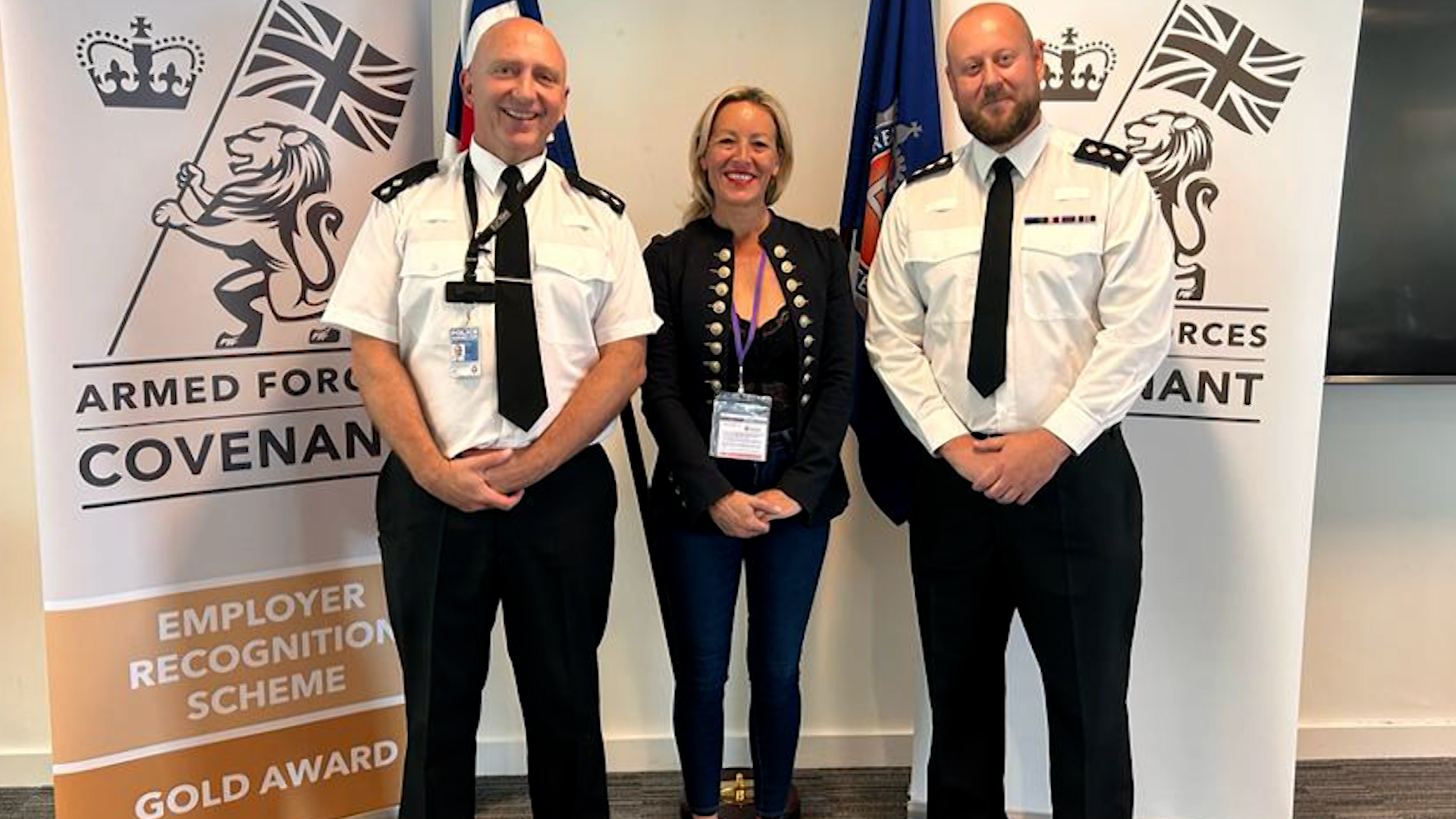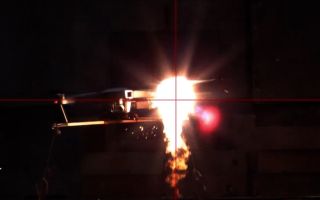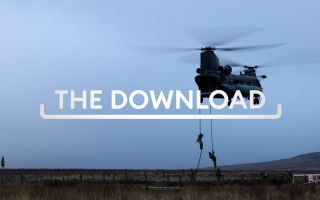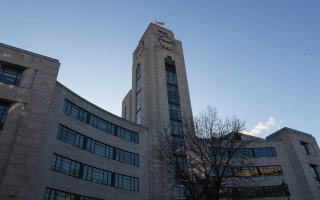Thirty-five missing veterans found thanks to new Forcer Protocol scheme
A joined-up database of individuals, helping police pinpoint where a missing veteran could be, has been in action – with 35 veterans already being found using the service.
Forcer Protocol, a pilot scheme that was soft launched on Remembrance Day last year, allows police call handlers to access and share key information quickly in the crucial first hours.
It red flags reports of missing people involving potentially vulnerable veterans and aims to improve response times and provide the authorities with a fuller picture of the person's background and possible state of mind.
Since November's soft launch of the Forcer Protocol initiative, tens of veterans have been flagged, fast-tracked, and found.
"We've asked over 5,000 people whether the missing person they're reporting is a veteran, and we've identified 35 of those that are veterans," Chief Inspector Mark Mangnall, Forcer Protocol Lead, GMP told Forces News.
He added: "And we've been able to put processes in place, and an investigation in place that's been able to find all 35.
"Last year, we didn't know we had that data. We didn't know that many people went missing. Once this is rolled out nationally, I think we will be surprised with the amount of missing veterans we have every day."
Individuals, as well as family members or support workers with consent, can have key information about a person stored in a safe place online, and police can access it securely if they are reported missing.
A sixth-month pilot is helping to iron out any challenges.
The Forcer Protocol is named after ex-soldier Alan Forcer, who took his own life after disappearing following struggles with PTSD.
Alan's ex-wife Claire Lilly has been the driving force behind the scheme.
Although many around Army veteran Alan Forcer were aware of his mental health struggles, when he went missing, it took three days to find him.
Now the detailed database of individuals is helping police work out where a missing veteran could be.
Claire told Forces News: "I think it's highlighting a massive issue. I don't think Greater Manchester Police is particularly densely populated with veteran barracks, or veteran settlements.
"The dent in that kind of mental health-specific landscape that we could potentially create could be immense."

Once found, veterans are put on a new pathway.
"We are able to then refer them to Operation Nova, be able to put that support in place to make sure they get the help they need," said Chief Insp Mangnall.
"We will never know if we have saved someone's life by finding them. But if we are saying that person is at risk of life, and they're high risk, then by us finding them, then yes, we have potentially saved their life."









